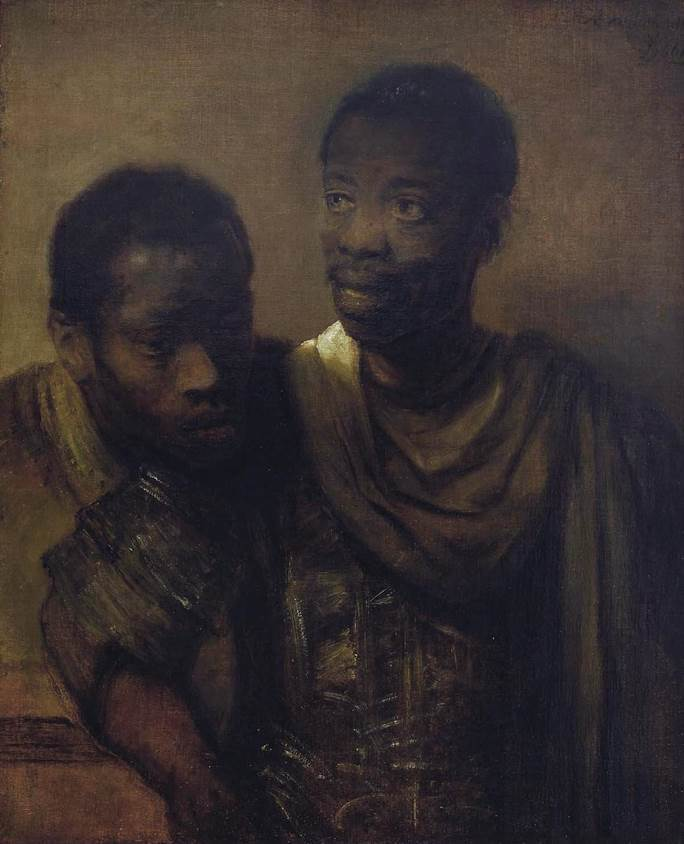ala.org/advocacy/intfr…
ifla.org/publications/i…
www2.archivists.org/statements/saa…
archivists.ca/resources/Docu…
indigenousfoundations.arts.ubc.ca/the_residentia…
trc.ca/assets/pdf/Cal…
cfla-fcab.ca/en/indigenous/…
inthelibrarywiththeleadpipe.org/2019/transform…
newyorker.com/culture/cultur…
passamaquoddypeople.com
localcontexts.org/tk-labels/
creativecommons.org/2019/01/30/jan…
des4div.library.northeastern.edu/understanding-…
creativecommons.org/2019/01/30/jan…
ndsa.org/2017/02/15/arc…
americanarchivist.org/doi/pdf/10.177…







